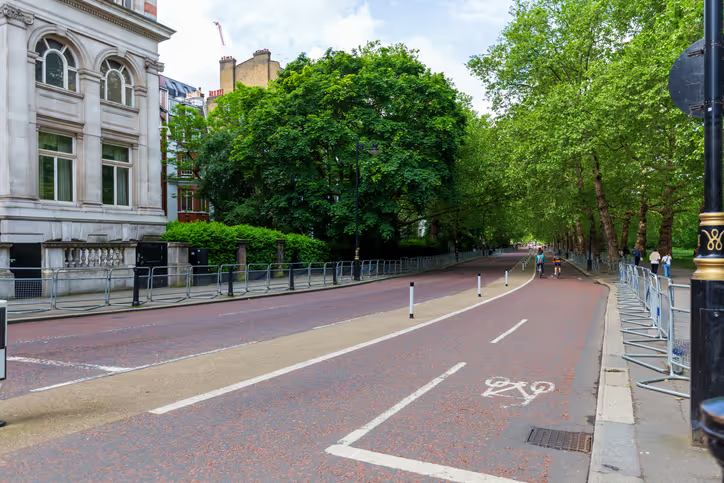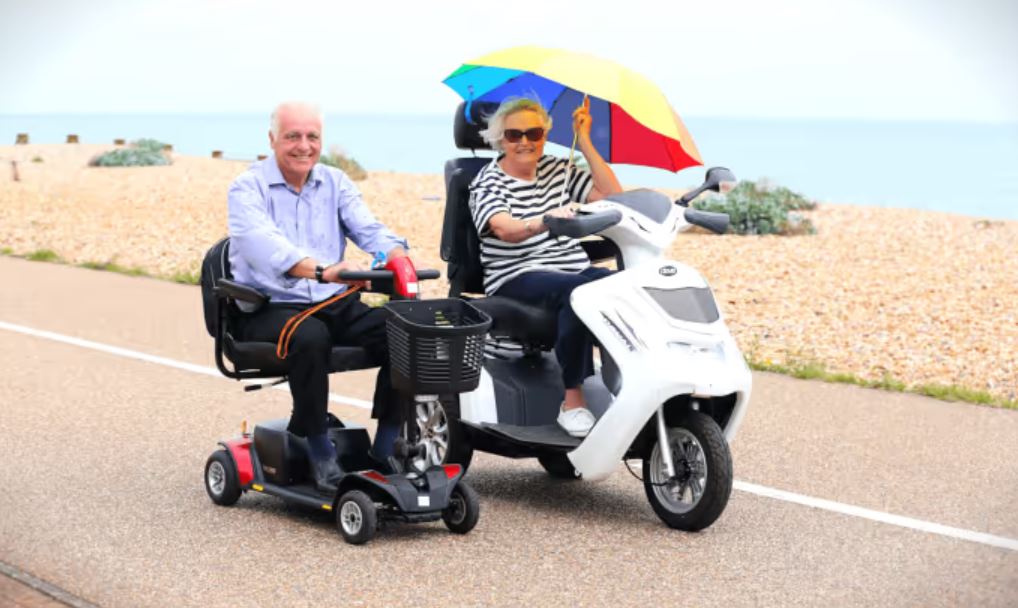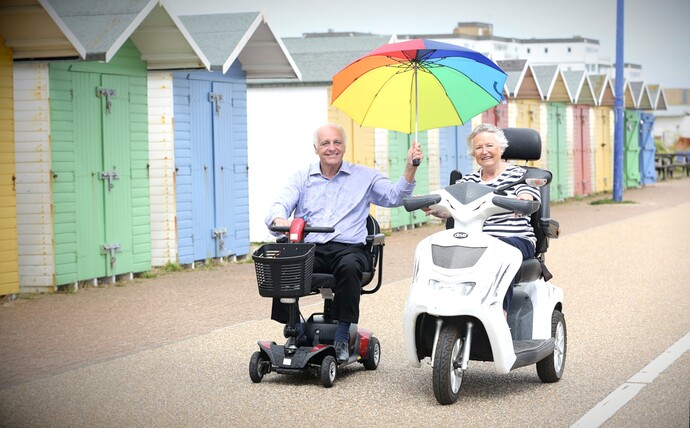The hidden potential of Britain’s bikes-in-waiting
May 7, 2025

Across Britain, in garages, sheds, under a tarpaulin at the bottom of the garden, lie millions of bicycles - some missing only a little air in the tyres or a dab of chain oil - gathering dust. These bikes are a sleeping giant of active travel: Owned but unused, ready to roll, if only they were invited back onto the road.
Recent estimates suggest the number of these dormant bicycles could be as high as 38 million. That’s not a typo. In a country where less than half of us cycle regularly, but many of us own a bike, the gap between ownership and use reveals both a challenge and an opportunity.
{{cta-cycling}}
The problem isn’t a lack of bikes - it’s what we do with them. In 2011, a Bike Week survey found 58% of UK bicycles weren’t being ridden.

For a brief, halcyon moment in the spring of 2020 - when the world paused, and birdsong echoed – we glimpsed the country we might have been. The roads were empty. And into this vacuum pedalled the people: Older folk on hybrids. Children wobbling on stabilisers.
Government, sensing an opportunity to cosplay Dutch pragmatism, issued £50 bike repair vouchers. The Bicycle Association, ever the optimists in a land of so many rusting spokes and unfulfilled resolutions, surmised that some seven million bicycles might, with sufficient coaxing, be summoned from their vegetative state to take once more to the roads. Halfords optimistically pronounced them “perfectly serviceable”.
But, of course, we reverted. The roads filled. The pop-up lanes disappeared overnight, like faeries chased from a field. The cycling boom became a cycling blip.
Mind the usage gap
Despite nearly 45% of UK households owning bikes, government travel surveys show that only 14–20% of people cycle at least once a month, and fewer than 15% ride weekly. This yawning gap between ownership and participation isn’t just statistical - it reflects cultural and infrastructural shortcomings.
Owning a bike doesn’t mean you have somewhere safe to store it, let alone somewhere safe to ride it. Without joined-up cycle networks or secure parking, even the keenest potential riders can be put off.
As the post-pandemic reality set in, household bike ownership has even dipped slightly - back to around 38% in 2022, according to the Department for Transport. And yet the fleet of unused bikes remains enormous.
Getting more people riding doesn’t require everyone to buy a new bike – simply to use the bikes they already have. But policy still too often focuses on ownership rather than usability. The results of proper investment in London cycling are there for all to see.
The story of Britain’s unused bikes is ultimately one of unrealised potential. The bikes are here. The people, in many cases, are willing. What’s missing is the infrastructure and the planning.
Cycling doesn’t start with a purchase. It starts when the conditions make it feel normal. Until then, millions of bikes - and the millions of car journeys they could replace - will remain tucked away, waiting.
The bicycle, in all its elegant simplicity, deserves more than this. It deserves infrastructure, respect, space. Instead, we offer it - and ourselves - the slow suffocation of squandered potential.
Cycle Rescue is free with ETA bicycle insurance
If you suffer a breakdown (including punctures, or even a flat e-bike battery) while out cycling, our 24-hour Cycle Rescue team is on hand to arrange transport for you and your bicycle to a safe location. The service is included for free with ETA cycle insurance, along with:
• Theft, accidental damage & vandalism
• E-bike battery theft cover
• Cycle Rescue
• No devaluation of your bike over time
• £2m third party PLUS £20,000 personal accident cover
• Shed and garage storage
• Low standard excess of 5% (£50 minimum)

{{cta-cycling}}
The ethical choice
The ETA was established in 1990 as an ethical provider of green, reliable travel services. Over 30 years on, we continue to offer cycle insurance , breakdown cover and mobility scooter insurance while putting concern for the environment at the heart of all we do.
The Good Shopping Guide judges us to be the UK's most ethical provider.
Information correct at time of publication.







